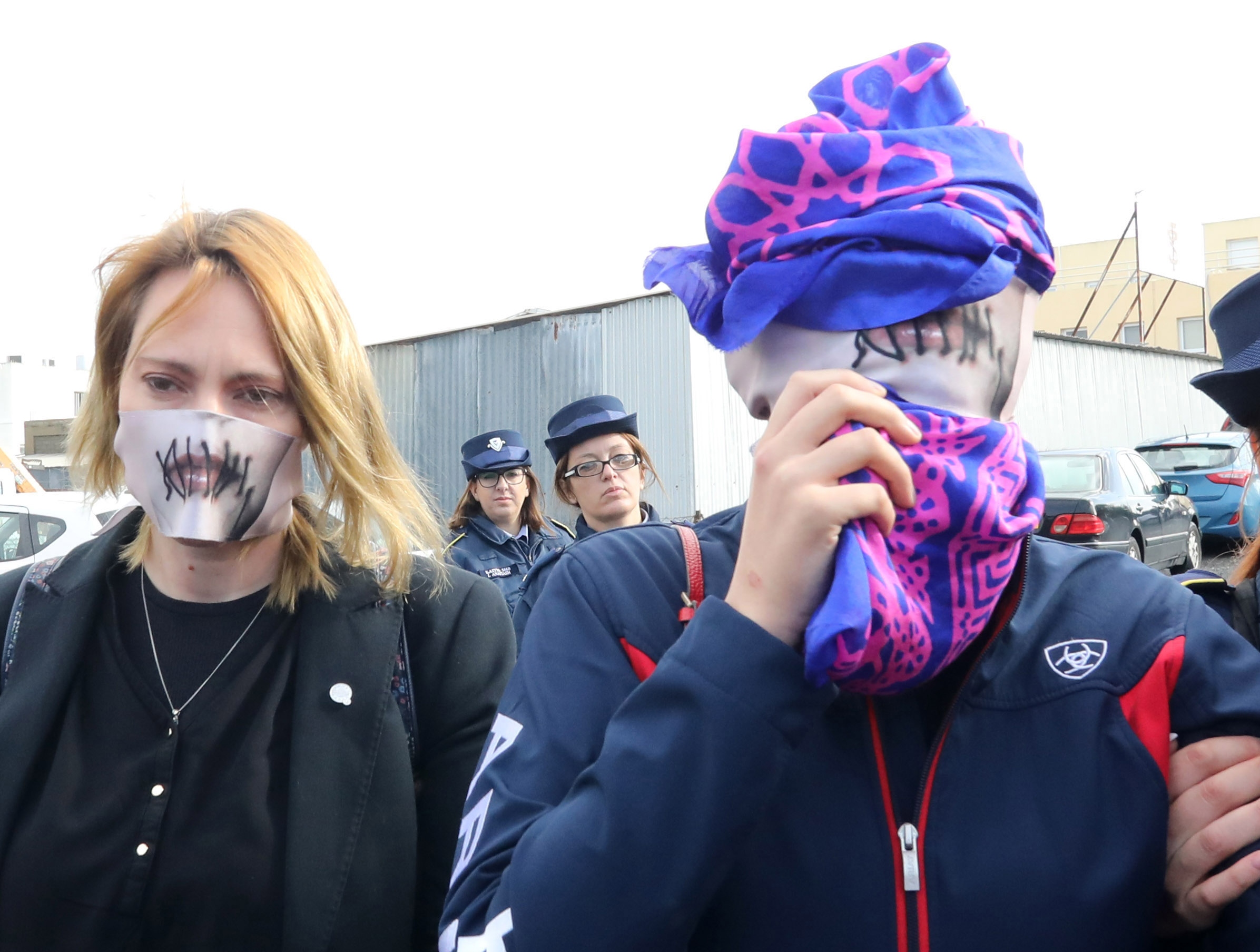Cyprus is now tainted as a holiday destination that is unsafe for young women to travel following the furore surrounding the conviction of a 19-year-old British woman for falsely claiming she was raped in Ayia Napa.
Such negative publicity undoes all the hard work the authorities have put into branding the holiday island as a premier vacation hotspot for the mainly European markets.
No amount of glossy PR and high-tech travel exhibitions can scrub off the stain that has scarred the island’s reputation as a safe family getaway that also encourages a party atmosphere among younger thrill-seekers.
There is no official damage limitation exercise to buffer the low blows that Cyprus is receiving from unfavourable international headlines, mainly from the British media – the island’s number one tourist market by some distance.
This is a situation that could have been quashed at birth before it turned into a two-headed monster with multiple tentacles carrying a venomous sting like the boycott Cyprus campaign.
The Attorney-General should have moved swiftly to ensure the case did not go to trial because it was not in the public interest to do so.
Instead, we allowed an unnecessary trial to unfold where a young vulnerable woman suffering trauma was mangled through the legal system to be convicted of lying about being gang-raped by Israeli tourists at a hotel.
Has justice been served by putting this woman through a lengthy ordeal in having to go over in detail what happened to her?
The court was only interested in whether she lied to police and not whether the woman was raped but if she was raped then she didn’t lie about it.
Whatever happened in that Ayia Napa hotel room the woman did suffer an invasion of her privacy and humiliated by youths who filmed her and posted a sex video.
There is also a cloud hanging over the police in the way they handled the case and secured a retraction of her statement via hours of intense questioning without the woman having legal representation.
She spent six weeks in custody and the remaining months on bail without being able to leave the country.
Nightmare for Parents
Such outcomes are the nightmare of every parent who has young teenage children travelling the world, hoping that they will always be safe and protected by the law.
Ironically, Cyprus likes to represent itself as a crime safe, family-first environment is now painted as some justice-free backwater where women are treated as second class citizens.
Expect the UK media to be digging into our ugly past such as the serial killer we let run loose as the police couldn’t be bothered to search for missing women because they were foreigners.
Closer to home there should be much soul searching about the murder rate of women by their ex-partners or boyfriends and what the authorities are doing about it.
And judging by what this girl went through, the way the police handle rape cases has a lot to be desired and, probably, if we look hard enough the rate of convictions for rapists and the way cases are handled will shame anyone wanting to know.
Cyprus has a sluggish justice system, but this is a country that believes in due process with a sophisticated European legal system.
Nevertheless, for the outsider looking in, this case has raised questions about how female victims of sex crimes are treated, presenting the Cypriot justice system as rigid, callous and vindictive.
It doesn’t look good on Cyprus’ CV when the Foreign Office publicly announces that the “UK is seriously concerned about the fair trial guarantees in this deeply distressing case and we will be raising the issue with the Cypriot authorities.”
That is not something you want to advertise in holiday brochures or foreign investor booklets.
Arguably, there is a sense of self-righteousness coming from the British media with the kind of Brexit know-it-all colonial tone in having to teach the natives how to administer justice.
Regardless, prominent Cypriot legal figures have urged the Attorney General to intervene because what might be construed as justice appears akin to deploying nuclear weapons to crack a nut.
This woman is not a hardened criminal, she is a traumatised teenager who should be studying at university, not blamed and shamed in a foreign country for being in the wrong place at the wrong time.
Critics will say if she lied it would have incriminated others and must, therefore, pay the price, but pages are missing to this story, so any kind of justice would be incomplete.
This case will linger on as the woman seeks to get her conviction overturned putting Cyprus justice firmly in the dock.







